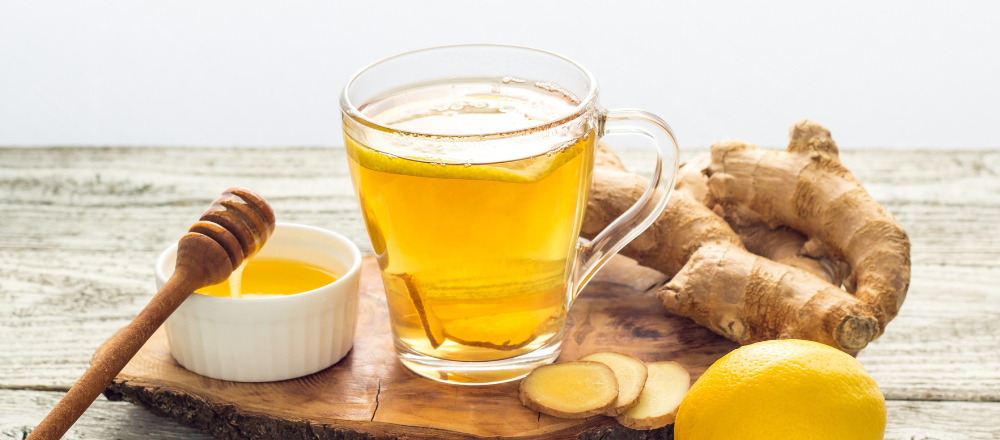
Researchers say approximately 85% of Americans have a caffeine habit, with coffee leading the list as the most consumed form of it. March is Caffeine Awareness Month. This is a great time to think about how much caffeine you consume in a day and how it’s affecting your health.
A Safe Amount
The recommended daily amount for healthy adults is 400 mg, which translates into:
- 2 energy drinks
- 5 cups of coffee
- 10 cans of soda
In recent years, many energy drinks have been marketed to children and teens. Yet, the American Academy of Pediatrics discourages children and teens from consuming caffeine in any capacity because they can be especially sensitive to the effects of caffeine.
The Center for Science in the Public Interest publishes a chart of caffeine-containing foods and drinks.
Covert Caffeine
The U.S. Food and Drug Administration doesn’t require manufacturers to list the amount of caffeine on their nutrition labels. That means you don’t always know when you’re getting that added — and possibly unwanted — boost.
- Decaf coffee. To earn “decaf” status, 97% of the caffeine must be removed from the beans. Studies show the amount of caffeine found in decaf coffee can range from 5-32 mg.
- Energy drinks. The amount of caffeine in energy drinks can vary widely, but they often contain more than twice the amount of caffeine as a cup of coffee the same size. It is recommended to not drink more than two in a day.
- Ice cream and yogurt. If these sweet treats have chocolate, coffee, java or mocha flavoring, then they contain some amount of caffeine, some as many as 60 mg. So make sure you account for these sweet treats as they can add to your daily caffeine intake.
- Protein bars. Some bars have as much caffeine as a can of soda or small specialty coffee. So don’t be fooled by the delicious flavors and promised nutritional value.
- Soda. We all know traditional colas go head-to-head with coffee when it comes to caffeine levels, containing about 30-50mg of caffeine. But, non-cola sodas, such as Sunkist Orange Soda and Mountain Dew, can be loaded with caffeine, too.
- Pain relievers. Check the label for caffeine which is often an ingredient in pain relievers and cold medicines.
Your Body on Caffeine
Your body can react in several ways when consuming caffeine, including:
- Dilating pupils
- Increasing heart rate and blood pressure
- Narrowing blood vessels
- Tightening muscles
When you consume caffeine during the day, especially within six hours of going to bed, you may impact your sleep cycle. Caffeine affects your brain’s nerves in a way that makes it difficult for you to get a good night’s sleep. Within one hour of consuming caffeine, it reaches its peak level in your system, but you can continue feeling the effects for 4-6 hours after.
If you start tracking how much caffeine you consume in a day, you might be surprised. Use the information as your wake-up call to cut back or find other ways to keep your body energized. Lifting weights, walking, running and other aerobic-type workouts can boost your energy level just as much as caffeine, if not more.
If you’re looking to hang up your caffeine habit and lift your energy level naturally, explore our fitness classes.



